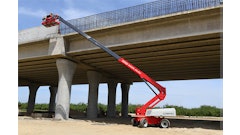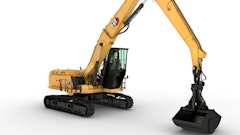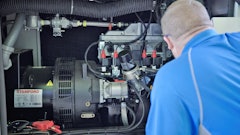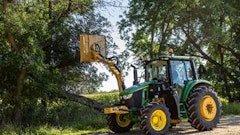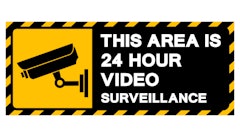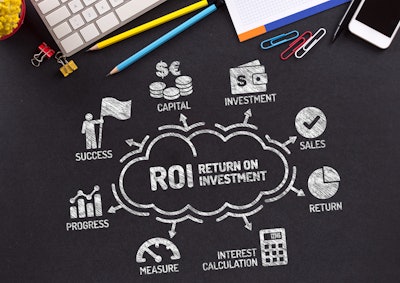
In prepping for a webinar for a regional ARA group, I came across a survey of approximately 1,300 general contractors where 88% reported projects had been cancelled or delayed in 2020 and into 2021. Further, the survey noted that 59% had projects postponed until 2021, another 44% had projects cancelled in 2020 and had not been rescheduled, and 18% had jobs scheduled to start in Q1 and Q2 2021, which have now been postponed.
Right now, we’re in the midst of unpleasant times, with little hope of getting back to pre-pandemic levels until 2022. A percentage of contractors will keep busy, but many will be looking for work to cover fixed costs. As you can expect, the bidding will be fierce, which means bids from subs and vendors including rental companies will need to follow suit.
My webinar focused on how to protect your ROI during this period, which in turn, protects earnings and cash flow. The steps required to reach this goal are nothing more than accounting adjustments that cost practically nothing. In addition, I discussed fleet adjustments, rate adjustments, personnel adjustments, and additional marketing and sales efforts, which all have monetary components, both positive and negative, attached to them. But in the end, every topic in the webinar aimed to improve ROI on units, models, fleets, and equity.
Let us list areas of concern regarding 2021.
- Slow start seen by construction industry.
- More competition.
- Equipment values depressed.
- Banks getting nervous.
Not only is there more competition among rental companies, but equipment dealers are also increasing their rent-to-rent activities and will continue to do so. And, let’s face it, dealers have a good opportunity to make it a “one-stop shopping deal” if they want to by re-renting what they do not own.
Even equipment sales, both new and used, are sure to take a hit. Equipment values you find on appraisals completed after March could be 20 to 25% less than they were three months before. New equipment sales will need pandemic pricing as well since many OEMs have excess units on hand. In the end, whatever you budgeted for equipment sales, margins will need another review if they’re part of your “cash flow” plan.
So here we are, a rental company in the middle of all this industry madness, highly leveraged with a bank using your fleet as collateral to cover their loans. That being the case, it is likely that their coverage ratio is getting out of sync because of pandemic appraisal numbers. I suspect many of you have had this conversation recently, but if you haven’t, expect that phone call very soon.
Truthfully, it looks like rental companies will find themselves in the same boat with their contractor brothers. That means lots of problems, but little time to reverse the outcome. With such little time to work with, what can rental companies do to shore up their ROI?
First on my list is clean up the balance sheet:
- Do not over-depreciate your rental fleet. Book value should approximate appraisal OLV numbers. Rouse studies I have complied suggest about 10% a year. I use that percentage and stop at 30% of original cost. If you use higher rates, you undervalue the fleet, and decrease your bottom line as well as your equity value.
- Rental companies should use unclassified balance sheets, meaning no current assets or liabilities. If your balance sheet contains the “current” items, get rid of it because it produces a working capital balance that is sure to upset a bank examiner.
- As far as the fleet is concerned, I would buy “refurb” units if you can get them. I would also refurb units to sell. Another adjustment to consider are capital repairs. If the repair adds to the useful life, you can capitalize the cost and depreciate over four years.
- I would also “right size” the fleet to improve both TU and $U if you can do so without taking a major hit because of pandemic pricing.
How about the income statement?
- Expect a rate war. Your sales personnel need the authority to pull the trigger on a rental rate to close the deal. Any delay could cause loss of the opportunity. Of course, their pay plan should be adjusted to more of a “volume” commission as opposed to a rate driven program.
- Get the income statement into “normalized” status, using a proforma statement to normalize the statement to back out personal and one-time expenses. In other words, these are the adjustments you would make if you were showcasing the company for sale.
- Use a gap analysis to measure TU, $U, rates in play, and all departmental expenses. Compare your results and expected spend against ARA and other industry stats.
- Join your local Rouse Analytics group to compare your results against your direct competition.
- Hire young talent. In most cases, their technical ability will allow you to adjust head count.
- Figure out a way to differentiate yourself from the competition and get the word out. There are some very cost-effective marketing programs available that can have your “word” out in a couple of weeks.
- Get control of your techs and drivers.
- Get a coach if you need help getting through this program.
Almost 100% of what is discussed above is a practical way to deal with a potentially bad year, and most will increase both your fleet TU and $U and hold off the bank if they see you managing your business to maximize profits and cash flow. They may even allow you to refinance your debt with better terms than you currently have. All in all, this is not a year to sit on your hands waiting for the phone to ring because when it does, it might be the bank.


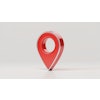



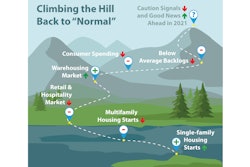

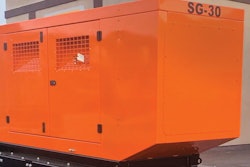

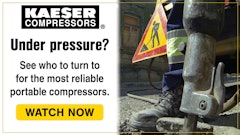

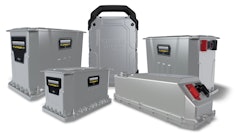
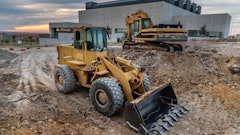
![Building Angled Sm Edit 6050b8d213f1b[1]](https://img.forconstructionpros.com/mindful/acbm/workspaces/default/uploads/2025/09/building-angled-sm-edit6050b8d213f1b1.Ygq5aAos3b.png?ar=16%3A9&auto=format%2Ccompress&crop=focalpoint&fit=crop&fp-x=0.53&fp-y=0.23&fp-z=2&h=135&q=70&w=240)
